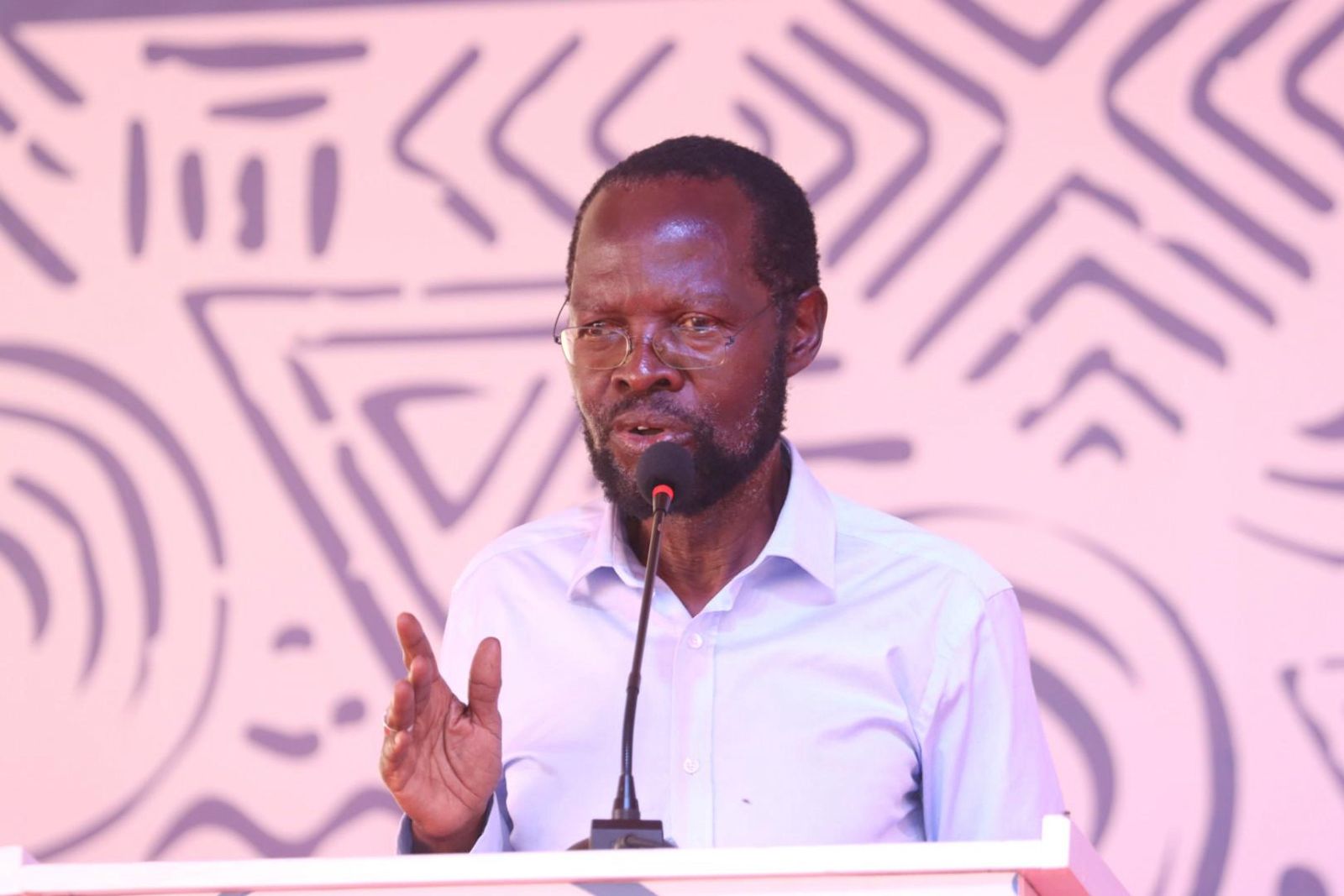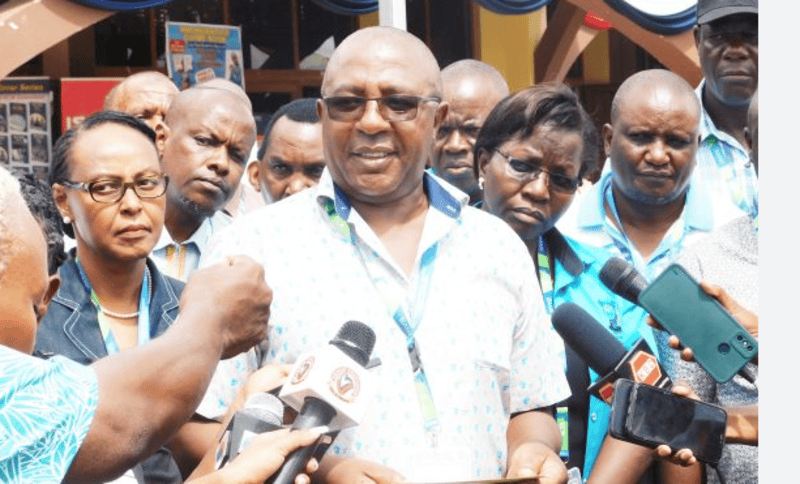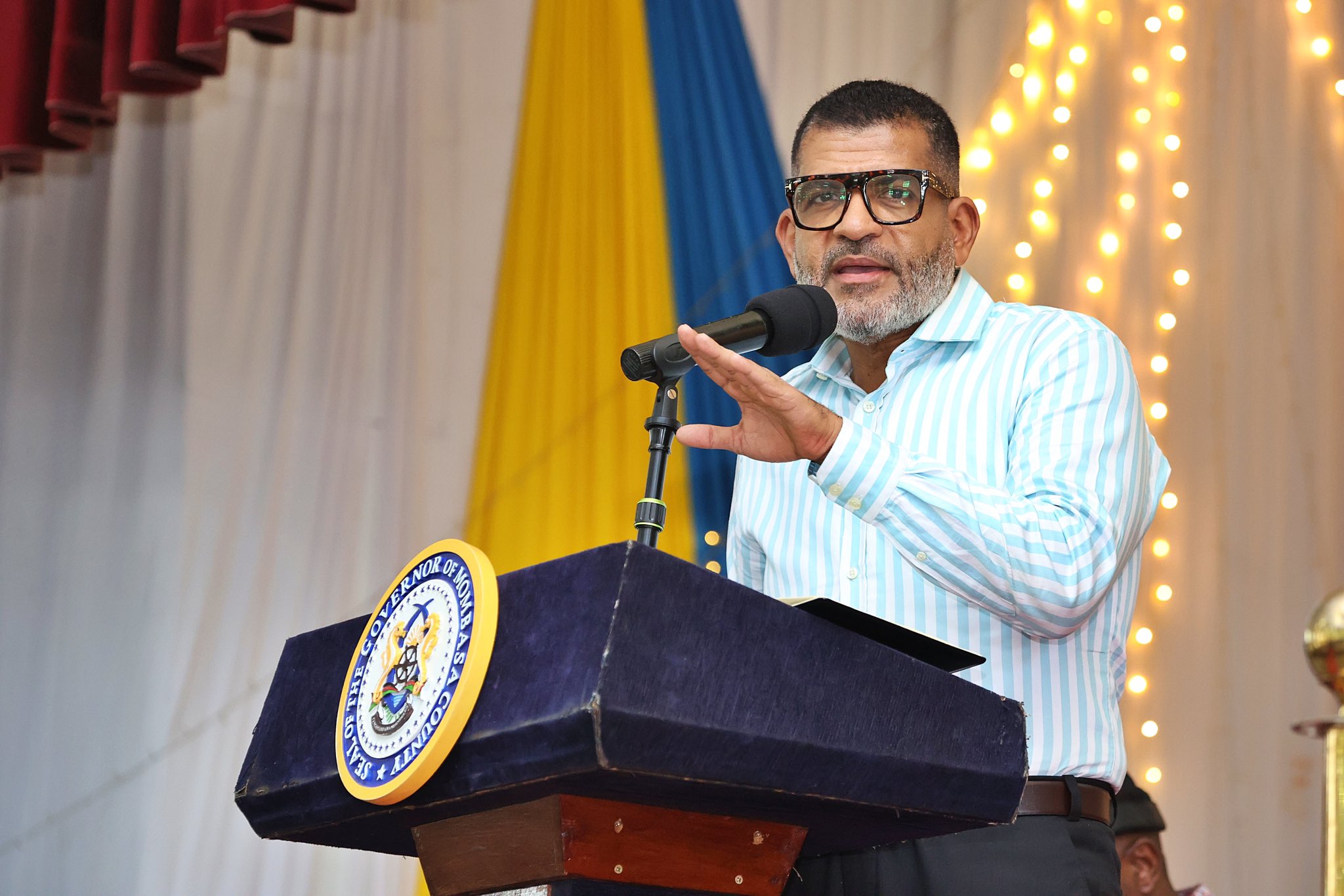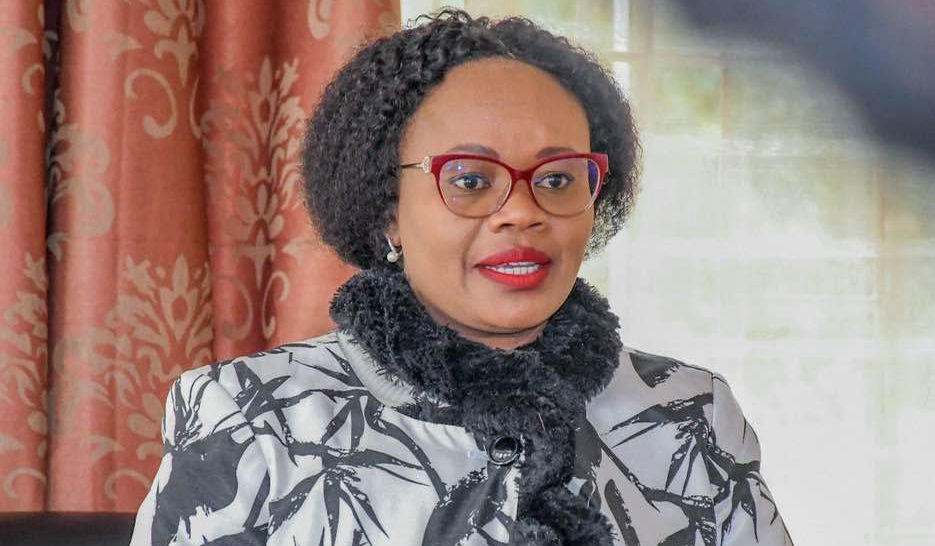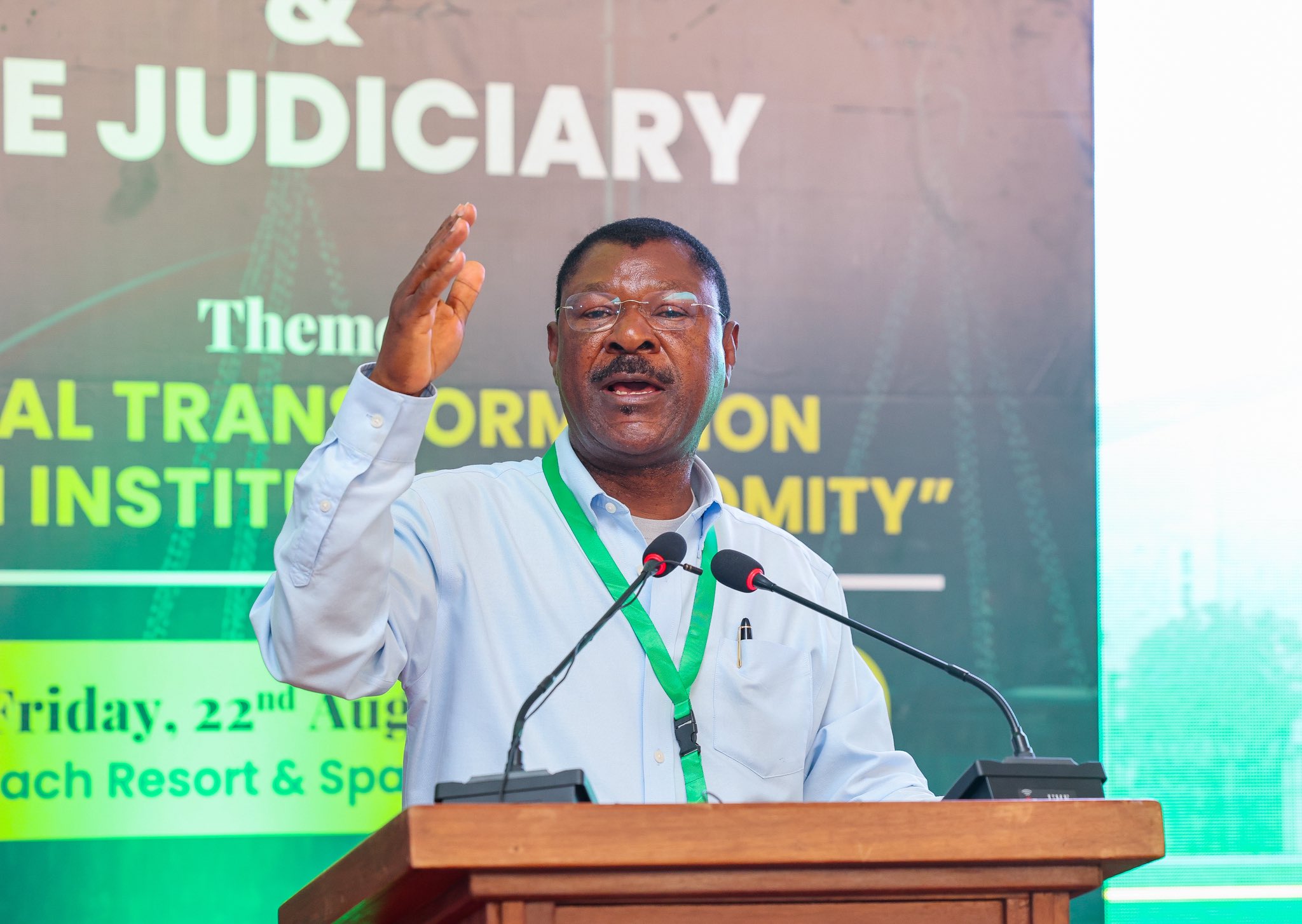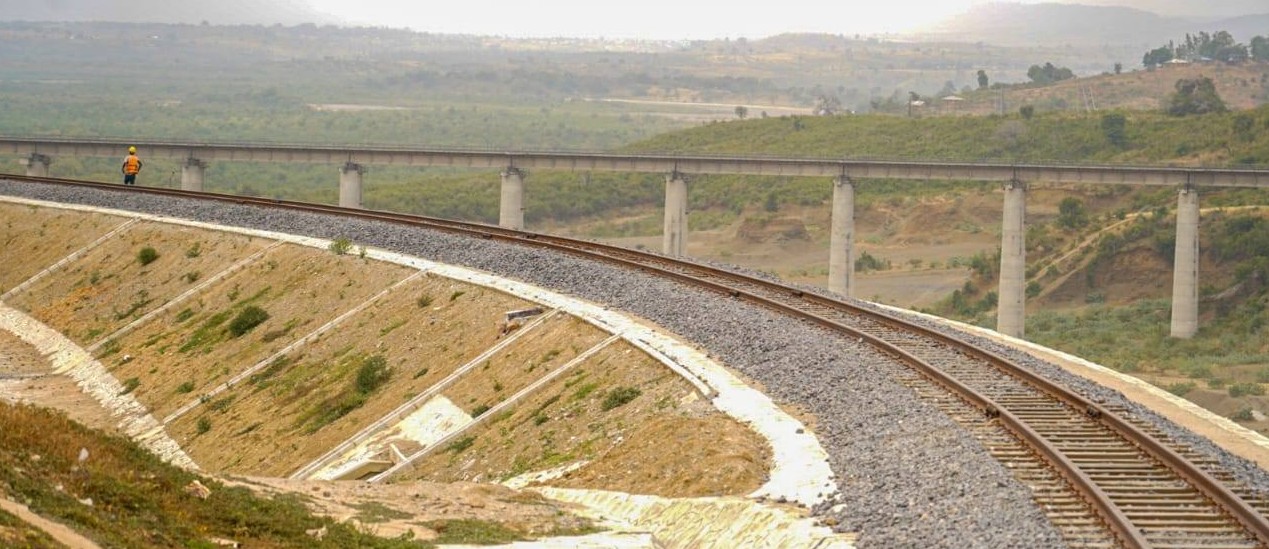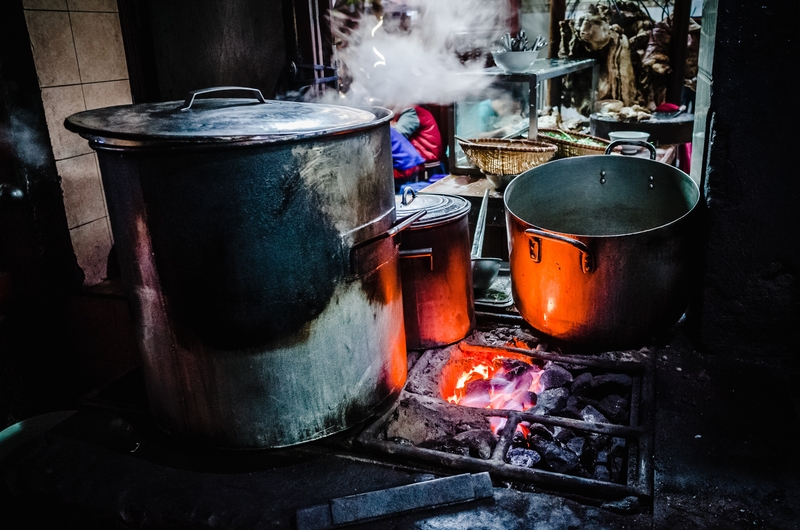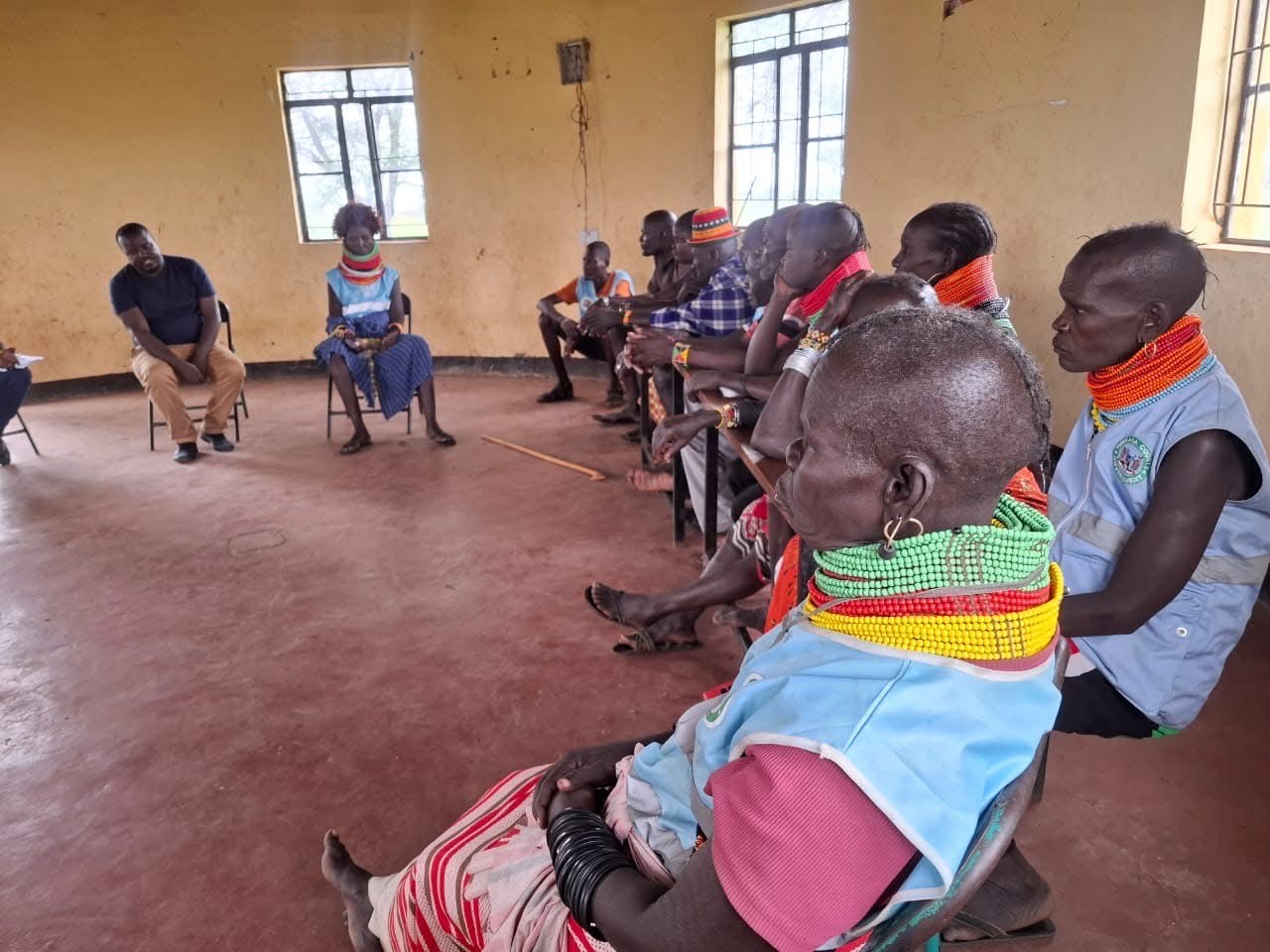MPs launch probe into Kenya's controversial Power Purchase Agreements
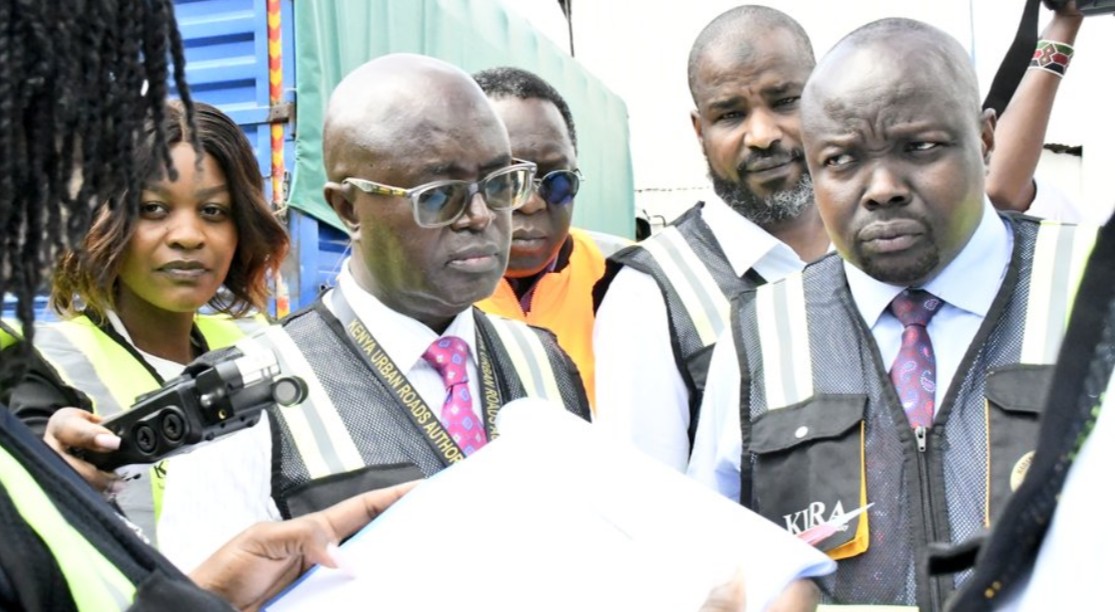
The probe follows a forensic audit by the Auditor General, which raised concerns over the structure, licensing, and beneficiaries of the contracts.
Members of Parliament have launched a probe into Kenya’s controversial Power Purchase Agreements (PPAs) with Independent Power Producers (IPPs), as outrage mounts over rising electricity costs that continue to weigh heavily on households and businesses.
The probe follows a forensic audit by the Auditor General, which raised concerns over the structure, licensing, and beneficiaries of the contracts.
More To Read
- KNH, Moi Teaching and Referral Hospital among 223 hospitals with Sh11.4 billion uncollected revenue
- 12 public universities cannot account for land, assets worth Sh19.6 billion, audit reveals
- Audit report reveals taxpayers paid Sh3 million rent for former Prisons boss
- Audit exposes Sh495 million in abandoned NG-CDF projects
- Audit exposes Sh229 million in unaccounted imprests across 12 counties
- Public universities' debt hits Sh76.1 billion, raising sustainability concerns - Auditor General
The National Assembly’s Public Investments Committee on Commercial Affairs and Energy announced it has begun a full-scale review of the country’s energy agreements, citing possible links between some IPPs and politically connected individuals.
Committee Chairperson David Pkosing (Pokot South) blamed the IPPs for locking in tariffs that have left Kenyans overburdened.
“Kenyans are paying far too much for electricity, and one of the biggest suspects is these IPPs and their secretive contracts. We suspect that some of these companies are owned by powerful individuals, that alone is enough to demand a closer look,” Pkosing said.
He said the committee will use the audit findings to guide sweeping reforms that could redefine how Kenya engages with power producers.
“We intend to reset the conversation on PPAs in this country. This committee will make sure we have a power sector that serves the people, not a few connected players,” he added.
Kaloleni MP Paul Katana demanded the appearance of Energy Cabinet Secretary Opiyo Wandayi and several unnamed influential individuals before the committee, questioning the speed and secrecy with which some IPPs were licensed.
“Some of these IPPs were licensed at lightning speed, and when you dig deeper, you find top leaders behind them. We need to know: who approved these deals, under what terms, and who is benefiting?” Katana posed.
His concerns echo longstanding allegations of elite dominance in the energy sector, with cartels allegedly manipulating opaque processes to control power generation deals.
However, appearing before the committee, Kenya Power CEO Joseph Siror urged caution in attributing the blame solely to IPPs, stating that the high cost of electricity is also driven by outdated generation technology and legacy contracts.
“The cost of electricity is dictated by the technology used in generation. Older contracts are more expensive, but going forward, we expect tariffs to fall,” Siror explained.
He revealed that one costly IPP had been retired last year, but warned that terminating multiple contracts could destabilise the power grid.
“If we turned off all the IPPs today, more than half the country would go dark. The supply gap would trigger widespread blackouts,” he said.
Chairperson Pkosing pressed Siror to name more IPPs that had been decommissioned and questioned why power prices remain steep despite the retirement of one plant.
“So, how many have you retired? Can’t you just stop paying the rest?” he posed.
Siror responded that only one IPP had been decommissioned so far and reiterated that most cannot be dropped without risking a supply crisis.
Pkosing insisted that the focus must remain on protecting the public from unaffordable electricity.
“Our priority is the end consumer. Every agreement going forward must strike a balance between power production and what ordinary Kenyans can afford,” he said.
Top Stories Today

